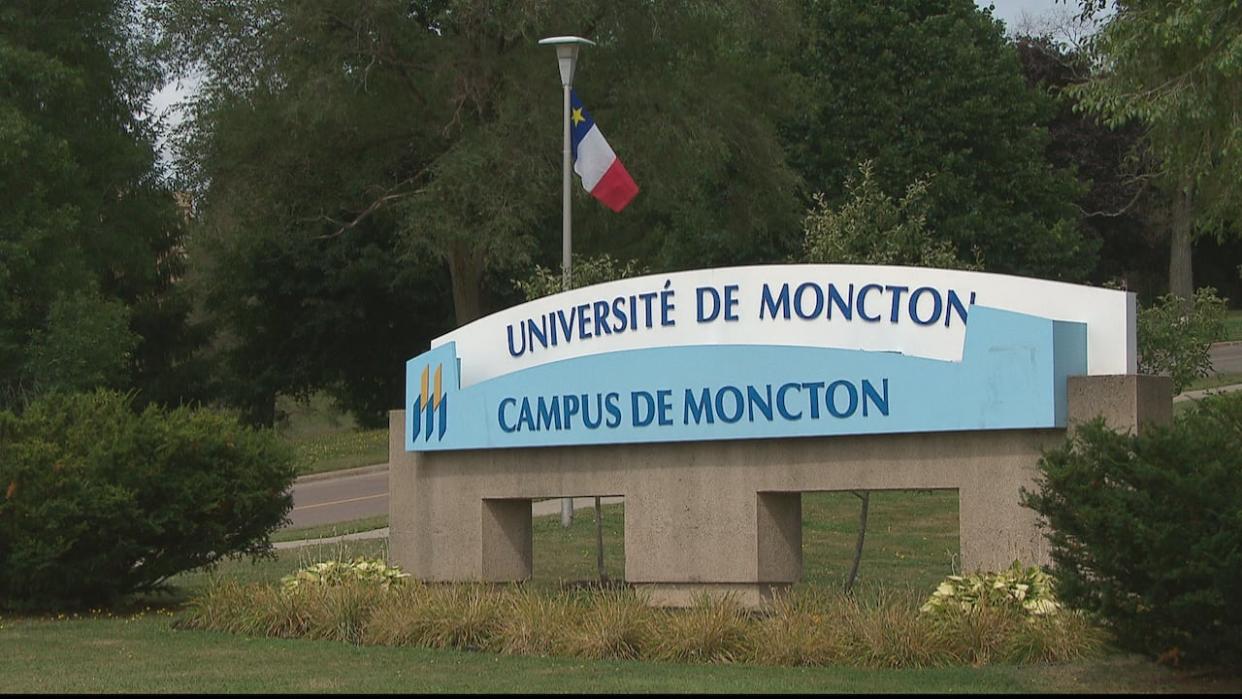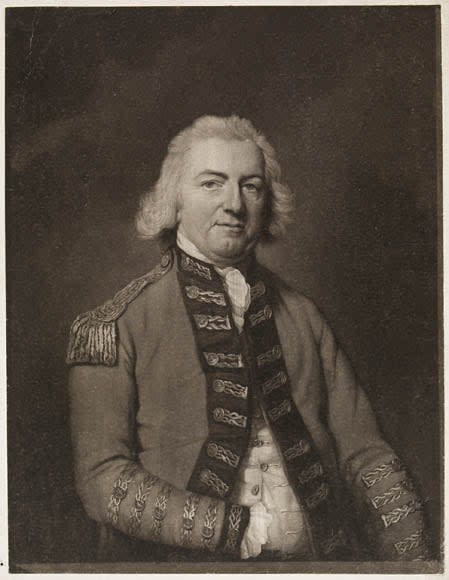Board of governors votes to keep Université de Moncton's name

The Université de Moncton will keep the name it's had for the past 60 years.
On Saturday, the university's board of governors voted to keep the name of the university that was founded in 1963 as the result of a merger of several smaller colleges.
The vote was the culmination of a years-long campaign by some Acadian groups to have the name changed.
Board president Denis Mallet said the board decided that it was not a priority of the university to change the name. He said no new information was presented from those who wanted the name changed than was presented in the past.
"Since the last demand to change the name we try to see … if there was some new element … [that would] bring the board to change their view," said Mallet.
"There was none."
Mixed reaction
Étienne Bélanger, the president of the university's student union, said a name change wasn't top of mind considering all the issues facing students, specifically housing.
"It was not the priority for the students," said Bélanger. "For the majority I think the name of the university was at the bottom of the list of priorities."
But Bernard Richard, a member of the citizens' committee that advocated for a name change, was surprised by the decision. He said he wished the board had consulted more with the greater community.
"The university doesn't belong to its council or to its president, it belongs to its community," said Richard.
"It's the only Acadian university in the province.... It is important on such a critical issue at a time when lots of institutions are taking a second look at how their institutions were named."
Richard said he hopes the university will reconsider its decision.
Historical context
The controversy over the university's name, and the city of Moncton itself, goes back to the 18th century.
The city is named after Col. Robert Monckton, a British officer who was a key figure in the deportation of the Acadians in 1755.

The city of Moncton, where the university took its name, was named after British officer Robert Monckton who was a key figure in the Acadian Deportation. (Library and Archives Canada)
After the Seven Years War, the city was named Monckton in honour of the colonel, but after confederation the name of the city was changed to Moncton.
While the university also adopted the name during its founding in the 1960s, it was already a controversial move for some, even though the university was technically named after the city, not the long-dead British officer.
"The nuance is important," said historian Maurice Basque earlier this year.
"The university was not named after Robert Monckton. The university was named after the city, the city was named after Robert Monckton. So some people will say it's exactly the same thing. Other people will say, no, there's a big difference."
Mallet said that nuance also played into the board's decision.
Proposed changes studied
Earlier this month, two academics presented a report commissioned by the university on the possible renaming of the university.,
Basque and political scientist Stéphanie Chouinard's report examined the impact of recent name changes at universities, including Toronto Metropolitan University, formerly known as Ryerson University.

Historian Maurice Basque and political scientist Stéphanie Chouinard presented a report on the possible implications of a name change at the Université de Moncton. (Nicolas Steinbach/Radio-Canada)
The report found any name change could lead to issues with name-recognition which could lead to a loss of potential students, but noted the university is already well known in the community.
The report also said a name change would cost the university almost $4.6 million.
These costs would include technology upgrades and infrastructure changes, like changing the name on signs and other university property.
"This is one of the costs where the end number is non-negotiable. Ultimately we need to change all of the names, on all of the doors, the big logo on La Chaudière and the big signs in front of the campuses," said Chouinard.

